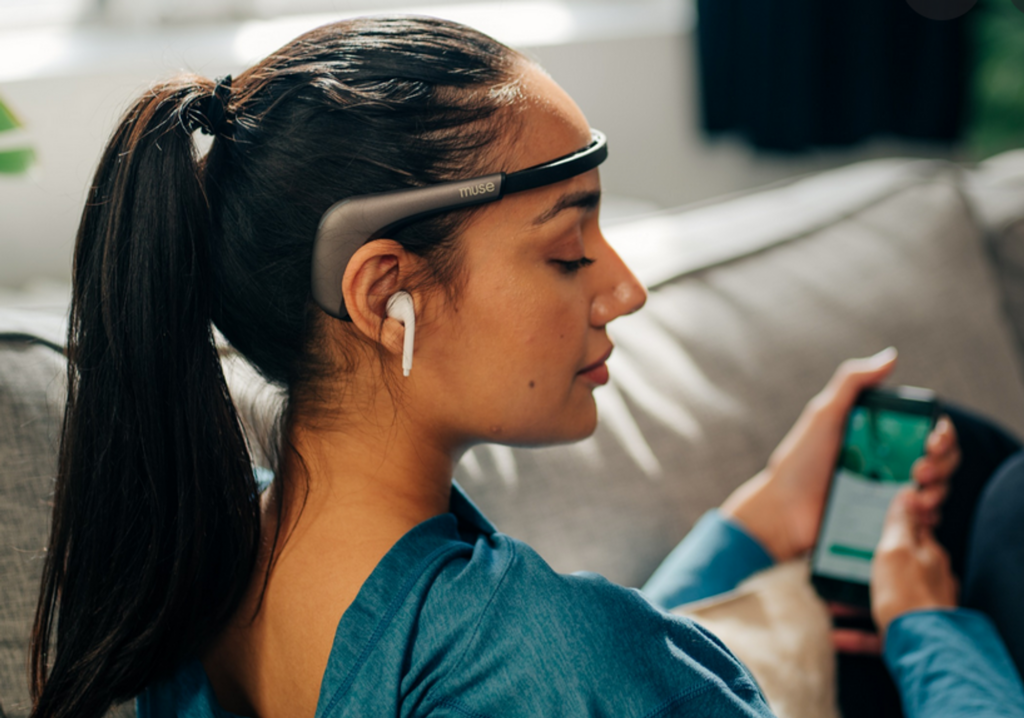Revealing the Secrets of the Mind Through Quantitative EEG Brain Mapping Techniques in Mental Health Evaluation
Revealing the Secrets of the Mind Through Quantitative EEG Brain Mapping Techniques in Mental Health Evaluation
Blog Article
Comprehending the human brain is a challenging endeavor, particularly when it comes to psychological health. Conventional approaches of assessment often depend on conversations and surveys, which can sometimes miss important aspects about how the mind operates. This is where qEEG brainwave analysis, or qEEG, comes into play. qEEG is a specialized technique that assesses electrical activity in the brain. By analyzing these brainwaves, psychological health professionals can obtain valuable insights into a individual's psychological state, helping to enhance assessment and intervention.
qEEG functions by applying small sensors on the scalp to capture brain activity. These electrodes measure electrical signals produced by neurons, the cells in the brain that interact with each other. The data gathered is then analyzed and displayed as a set of waveforms. Each type of brainwave—such as alpha, β, delta, and θ—corresponds to different mental conditions and functions. For example, α oscillations are commonly linked with relaxation, while β oscillations are linked to active thinking and problem-solving. By analyzing these patterns, clinicians can detect abnormalities that may suggest mental health issues.
One of the significant benefits of qEEG is its ability to offer objective data. In contrast to traditional evaluations that rely on subjective accounts from clients, qEEG provides a clear picture of brain activity. This clarity can help reduce biases in diagnosis and lead to more accurate treatment strategies. For instance, if a patient is experiencing anxiety, qEEG can show particular patterns of brain function that are associated with stress disorders. This information allows mental health professionals to customize treatments more efficiently, whether through counseling, medication, or alternative treatments.
Moreover, qEEG can be especially beneficial in tracking intervention advancement. By performing qEEG evaluations at different points during therapy, clinicians can track changes in brain function over period. This continuous evaluation assists ascertain whether a treatment is working or if modifications are required. For instance, if a patient is not responding to a particular medication, qEEG may show that their brain activity has not changed in a way that suggests progress. This response cycle can result to more customized and efficient psychological health treatment.
In summary, qEEG brain mapping is a powerful tool in the domain of psychological health assessment. By offering objective data about brain activity, it enhances the comprehension of different psychological health disorders. This technique not only assists in precise diagnosis but also helps in monitoring intervention effectiveness. As psychological health professionals persist to explore the capabilities of qEEG, it holds potential for improving the well-being of individuals dealing with psychological health challenges. With ongoing investigation and progress in techniques, the mysteries of the brain may become more apparent, leading to better helpful site outcomes for those in need of assistance.